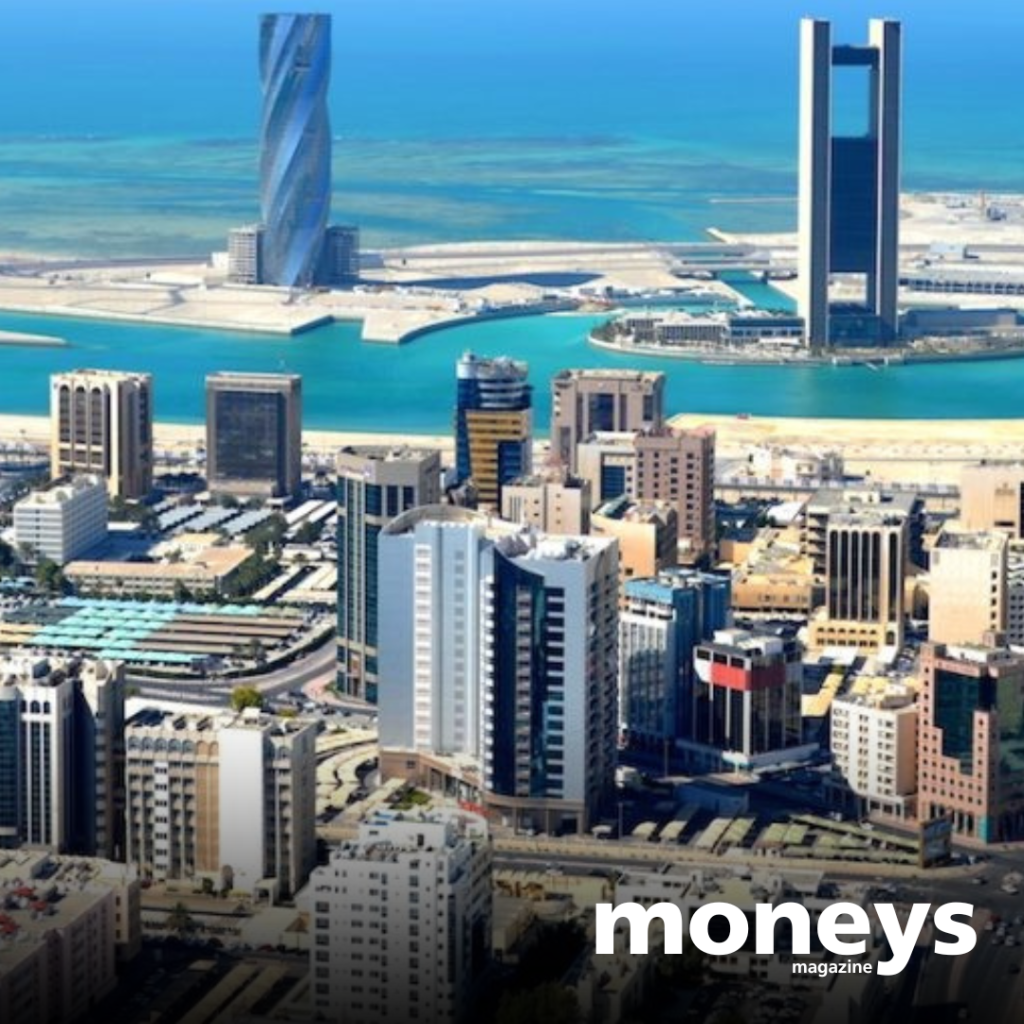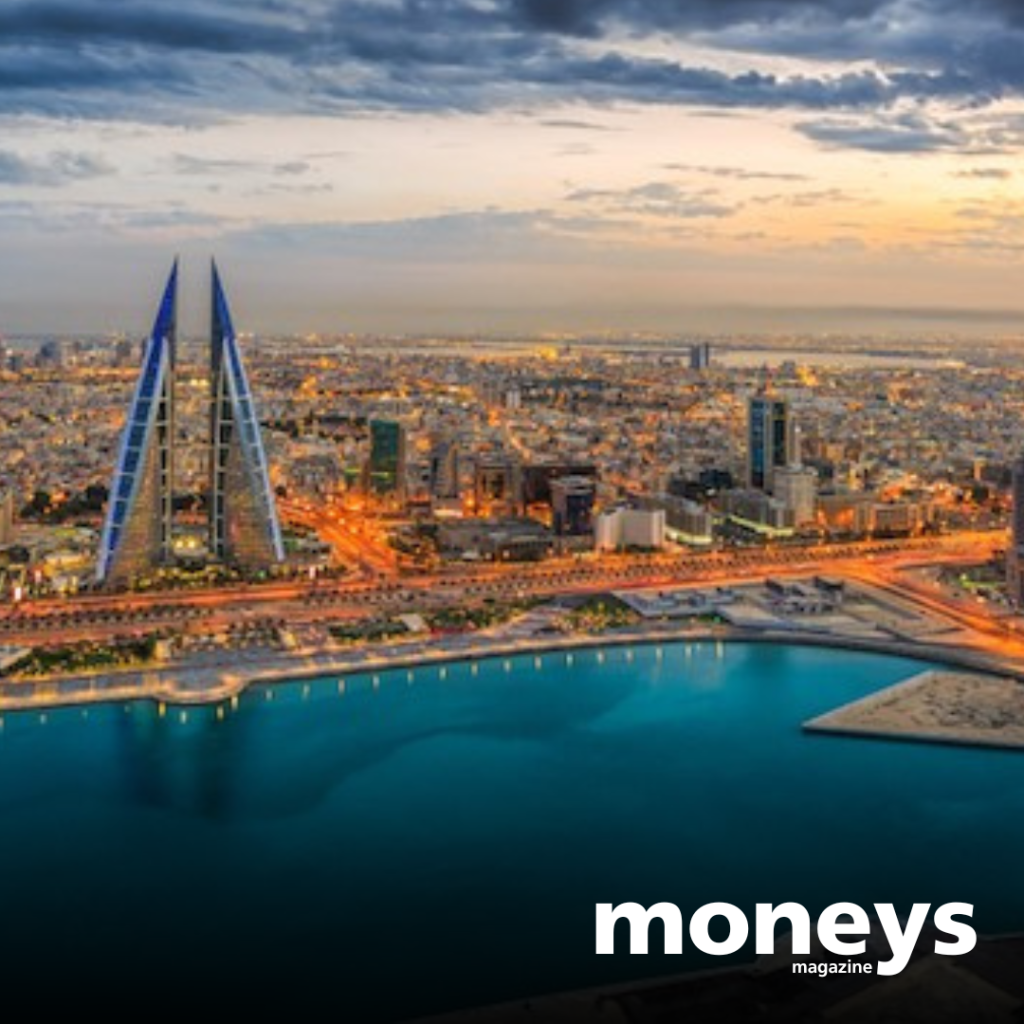In order to encourage economic growth, Bahrain thrives to give the private sector a bigger role in an economy that is dominated by state-owned companies (SOE). The goal of the Government of Bahrain’s (GOB) initiatives is to promote inward Foreign Direct Investment stocks (FDI) across a range of industries. As a result, when it comes to inward FDI relative to Gross Domestic Product (GDP), Bahrain has been placed the first in the GCC for 2020.
Furthermore, to improve its investment ecosystem, Bahrain established Bahrain FinTech Bay in 2018, new pro-business laws, and a number of funds, including the $100 million Al Waha Fund of Funds and the Hope Fund to support startup expansion. In addition, the government unveiled a new five-pillar economic recovery strategy in November 2021, with the main goals being attaining fiscal sustainability and economic stability as well as streamlining commercial procedures to draw $2.5 billion in FDI annually by 2025. Subsequently, the government has unveiled comprehensive development plans for the areas of manufacturing, travel and tourism, finance, energy and gas, telecommunications, and logistics.
 This article gives an overall perspective of foreign investment in Bahrain, outlining the crucial processes that a foreign investor must take in order to establish a business there. It also addresses the restrictions that may be applied to foreign nationals as well as any potential exceptions.
This article gives an overall perspective of foreign investment in Bahrain, outlining the crucial processes that a foreign investor must take in order to establish a business there. It also addresses the restrictions that may be applied to foreign nationals as well as any potential exceptions.
In Bahrain, there are several prerequisites for starting a business. The Commercial Companies Law (CCL), promulgated by Decree Law No. 21/2001, governs corporate entities in Bahrain that have foreign capital. According to this law, any company founded in Bahrain has to register as a commercial entity with the Ministry of Commerce and Industry (MOIC). Since this registration is regarded as the official founding of a corporation, business operations may now commence. In addition, the kind of economic activity carried out determines which business licenses and/or approvals are required. This kind of application can, of course, be filed online via the site. Facilitating online portals for application makes the process easier for international investors.
According to the CCL, non-Bahrainis are able to fully own their companies, unless the category of activity falls under the group of restricted activities. As a result, foreign investments are allowed in Bahrain; unless the activity falls under the list of prohibited activities, a license is required to conduct business there. According to Ministerial resolution No. 40/2021, only Bahrainis or locals may participate in the restricted activities. These activities include real estate services, gas cylinder delivery, building, and press publishing. In exceptional circumstances, the permission of the Minister of Commercial Affairs and the Council of Ministers may be granted if the country’s economic development will be enhanced by releasing the investor from this restriction.
 Depending on the business’s commercial activities, the relevant authorities may require further licenses. In order to prevent financial crimes like money laundering that may result from foreign transactions, all organizations are required to disclose the Ultimate Beneficiary Owner (UBO). The last stage before issuing the commercial registration with a license is notarizing the constitutional documents after acquiring all necessary permits.
Depending on the business’s commercial activities, the relevant authorities may require further licenses. In order to prevent financial crimes like money laundering that may result from foreign transactions, all organizations are required to disclose the Ultimate Beneficiary Owner (UBO). The last stage before issuing the commercial registration with a license is notarizing the constitutional documents after acquiring all necessary permits.
In conclusion, the Kingdom of Bahrain offers a favorable and comparatively stable investment environment. Bahrain continues to have a liberal and business-friendly stance when it comes to luring in international capital and enterprise. Due to its accommodating investment procedures across the majority of industries, the Kingdom of Bahrain presents an unparalleled opportunity for foreign investors looking to make investments. Unless they fall under the category of restricted activities (which may include full or partial limitations on industries that are exclusively available to Bahraini nationals or may need a local percentage), foreign nationals hold full ownership of the company. Therefore, Investors looking for stable business environments rather than booming ones, looking into moving to Bahrain would be a suitable option.
BY Egli HAXHIRAJ, Anamaria MESHKURTI, Jonida GJUZI and Noor ALI.
© All Rights Reserved Moneys Media Ltd Geneva, Switzerland.









